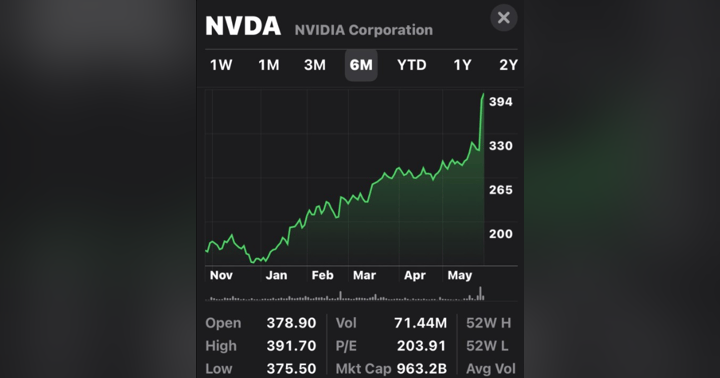**As the technology industry evolves, more businesses are shifting their attention to Vertical Software-as-a-Service, or "vSaas."

The world of SaaS is always changing and we can expect to see a considerable shift in the business world towards industry-specific solutions.
Let's look at it in more detail.
What is Horizontal SaaS?
Horizontal Saas, or traditional SaaS, services a wide range of industries and companies.
These software providers generally offer standardized features that work across the board for any business.
In theory, these solutions can be made to fit all sectors, but in reality, there is often customization required to meet individual customer needs.
This makes Horizontal SaaS providers flexible but less tailored to specific industries.
Examples of Horizontal Saas are:
QuickBooks (accounting)
Salesforce (CRM)
HubSpot (marketing)
Why Vertical Saas?
Vertical SaaS is the delivery of specific industry-specific features for a particular company's niche.
For example, if you are in the legal field, software companies focus exclusively on this type of business.
As a result, these Vertical SaaS providers can focus on the industry and what it needs.
They can create particular features that address client pain points and provide value to companies in a more targeted way.
This enables businesses to tailor their offer to meet the requirements of individual customers.
Examples of Vertical Saas are:
BioIQ (MedTech)
Veeva (pharmacy)
Guidewire (insurance)
Further reading: https://bit.ly/2YOhCqH
Comparing SaaS Models: Horizontal vs. Vertical
One of the main benefits of choosing Vertical SaaS solutions is that they are often less expensive than Horizontal Saas.
This is because the more one-size-fits-all approach of Horizontal Saas means additional development costs are required.
Another benefit of Vertical SaaS is that it enables businesses to adapt features according to client demand and industry.
This leads to more freedom and upselling possibilities, as well as reduced customer acquisition costs.
Vertical SaaS also provides features that enable businesses to obtain industry-specific customer data and intelligence, which plays a critical role in understanding market needs and product priorities.
What does the future have in store?
Both horizontal and vertical SaaS will be essential for businesses and enterprises.
However, according to industry experts, vertical SaaS products and solutions are predicted to grow faster and will have a larger influence on the business world.
Further reading: https://bit.ly/2YTgeDm
In future posts, we will cover other SaaS businesses, products, trends and opportunities.
#saasproduct #saasbusiness #productmanagement #saas #productdevelopment

